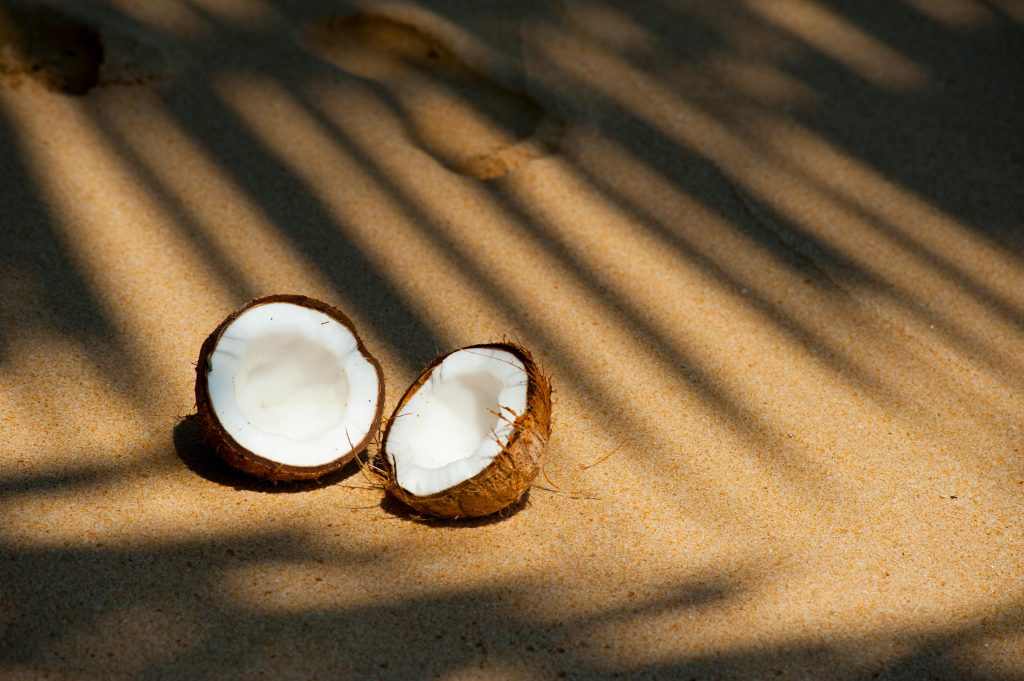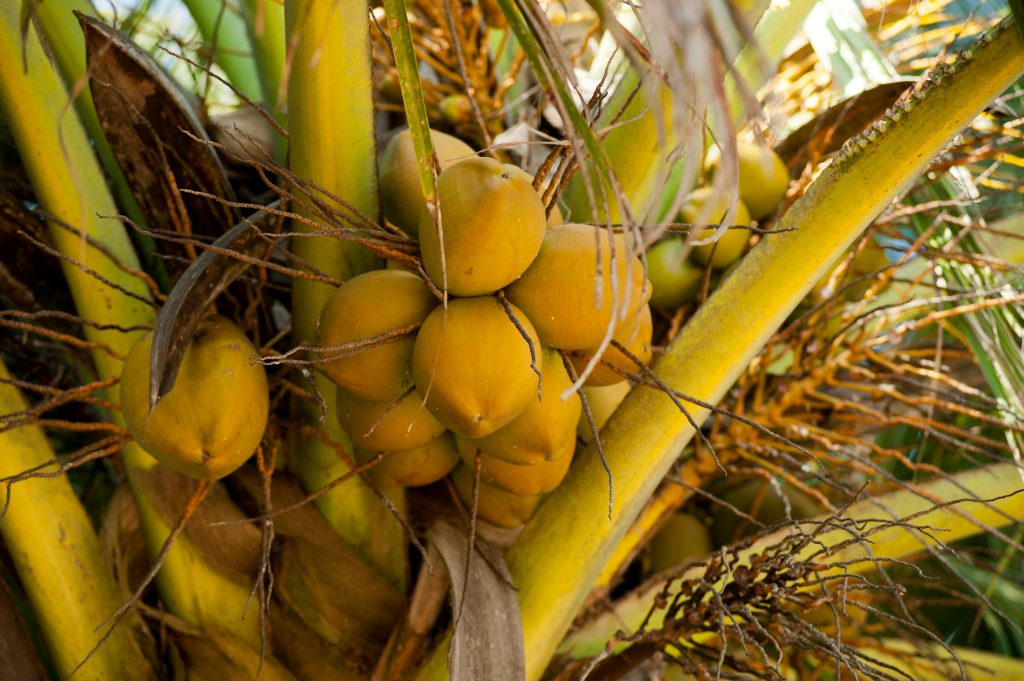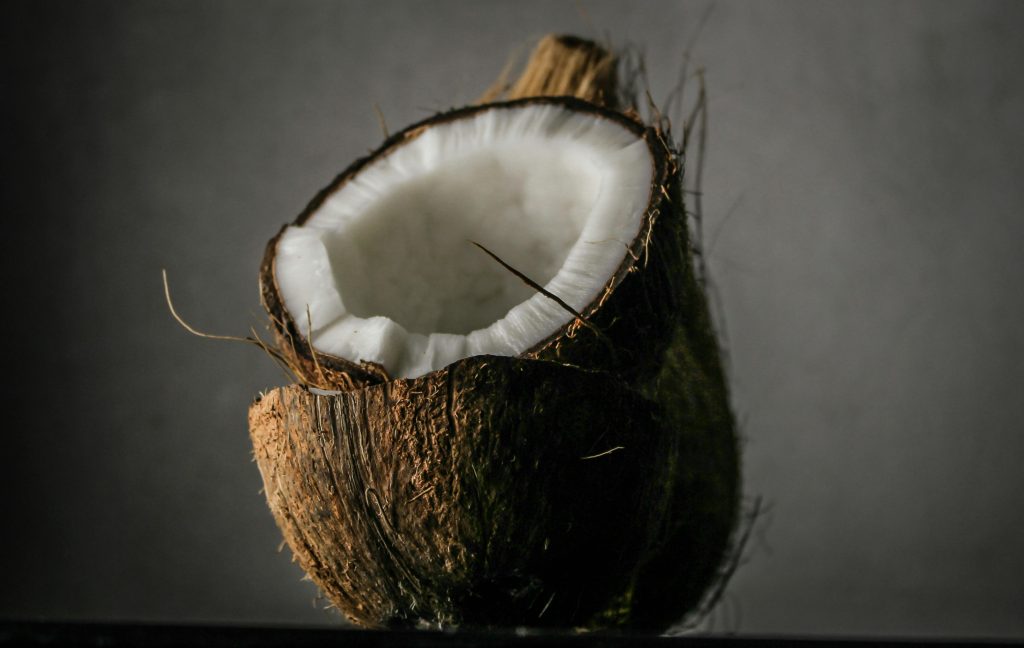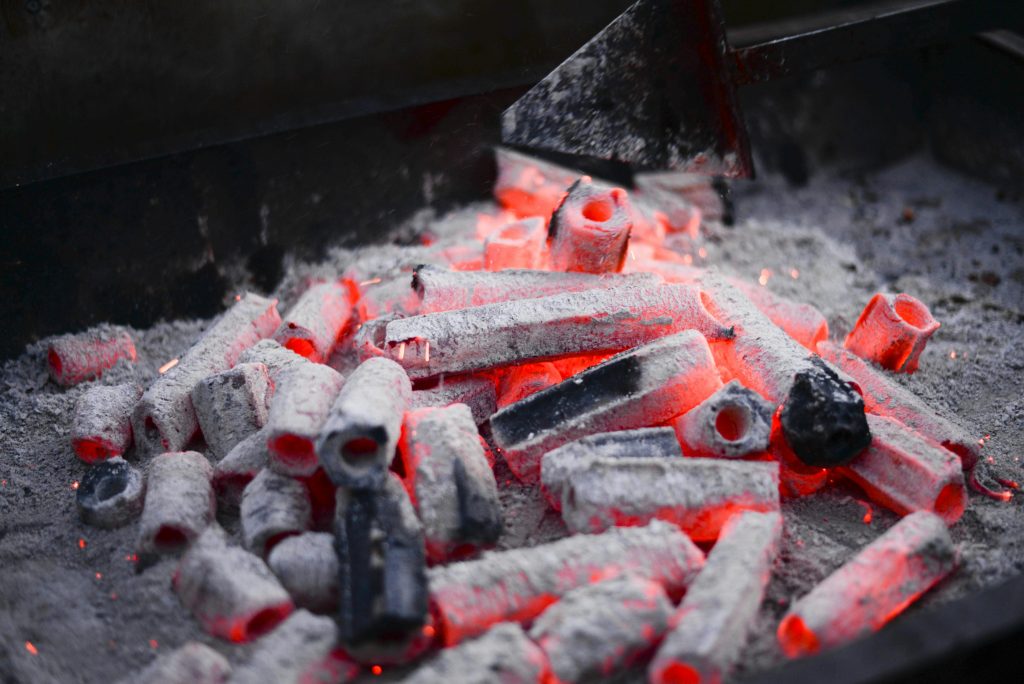Exploring the Culinary and Therapeutic Uses of Virgin Coconut Oil
Exploring the Culinary and Therapeutic Uses of Virgin Coconut Oil Virgin Coconut Oil (VCO) has gained immense popularity for its numerous health benefits and versatile applications. This article delves into the culinary and therapeutic uses of VCO, highlighting how this natural oil can enhance your diet, beauty regimen, and overall well-being. Culinary Uses of Virgin Coconut Oil 1. Cooking and Frying: VCO is an excellent oil for cooking and frying due to its high smoke point of around 350°F (177°C). It remains stable at high temperatures, making it suitable for sautéing vegetables, frying meats, and even deep-frying. 2. Baking: Replace butter or other oils with VCO in baking recipes to add a subtle coconut flavor and improve the nutritional profile. VCO works well in cookies, cakes, muffins, and bread, providing a moist texture and rich taste. 3. Salad Dressings and Marinades: Use VCO as a base for salad dressings and marinades. Its mild coconut flavor pairs well with various herbs and spices, adding a unique twist to your favorite dishes. 4. Spreads and Toppings: VCO can be used as a spread on toast or as a topping for oatmeal, pancakes, and smoothies. Its creamy texture and natural sweetness enhance the flavor and provide healthy fats. 5. Energy Boosting Snacks: Incorporate VCO into homemade energy bars, protein balls, and smoothies for an instant energy boost. The medium-chain triglycerides (MCTs) in VCO are quickly metabolized, providing a rapid source of energy. Therapeutic Uses of Virgin Coconut Oil 1. Skincare: VCO is a popular ingredient in natural skincare products due to its moisturizing and antioxidant properties. It can be used as a facial moisturizer, body lotion, and lip balm. Apply VCO directly to the skin to soothe dryness, reduce inflammation, and promote healing. 2. Haircare: VCO is an effective treatment for dry and damaged hair. Use it as a conditioner, hair mask, or scalp treatment to nourish and strengthen hair, reduce frizz, and promote shine. Its antifungal properties also make it beneficial for treating dandruff. 3. Oral Health: Oil pulling with VCO is a traditional practice believed to improve oral health. Swishing a tablespoon of VCO in the mouth for 10-20 minutes can help reduce harmful bacteria, improve gum health, and freshen breath. 4. Wound Healing: VCO’s antibacterial and anti-inflammatory properties make it useful for treating minor cuts, scrapes, and burns. Apply a small amount of VCO to the affected area to promote healing and prevent infection. 5. Massage Oil: VCO is a popular choice for massage therapy due to its smooth texture and pleasant aroma. It helps moisturize the skin while providing relaxation and relief from muscle tension. Nutritional Benefits of Virgin Coconut Oil 1. Healthy Fats: VCO is rich in medium-chain triglycerides (MCTs), which are easily digestible and provide a quick source of energy. Unlike long-chain fatty acids, MCTs are rapidly metabolized, making them less likely to be stored as fat. 2. Antioxidant Properties: VCO contains antioxidants that help protect the body from free radical damage, reducing the risk of chronic diseases and promoting overall health. 3. Anti-Inflammatory Effects: The anti-inflammatory properties of VCO can help reduce inflammation in the body, alleviating symptoms of conditions such as arthritis and promoting joint health. 4. Immune System Support: The lauric acid in VCO is converted into monolaurin in the body, which has antimicrobial and antiviral properties. This helps boost the immune system and protect against infections. Incorporating VCO into Your Daily Routine 1. Start Your Day with VCO: Add a tablespoon of VCO to your morning coffee or smoothie for an energy boost and improved metabolism. The healthy fats in VCO provide sustained energy and help keep you feeling full longer. 2. Midday Snack: Use VCO in homemade snacks such as granola bars or protein balls to curb cravings and provide a nutritious alternative to processed snacks. 3. Evening Skincare Routine: Incorporate VCO into your evening skincare routine by using it as a facial cleanser, makeup remover, or overnight moisturizer. Its hydrating and healing properties help rejuvenate the skin while you sleep. 4. Weekly Hair Treatment: Treat your hair to a deep conditioning treatment with VCO once a week. Apply VCO to your hair and scalp, leave it on for at least 30 minutes, then rinse thoroughly for soft and shiny hair. Conclusion Virgin Coconut Oil (VCO) is a versatile and beneficial product that can enhance both your culinary creations and therapeutic practices. Its numerous health benefits, combined with its diverse applications, make it a







